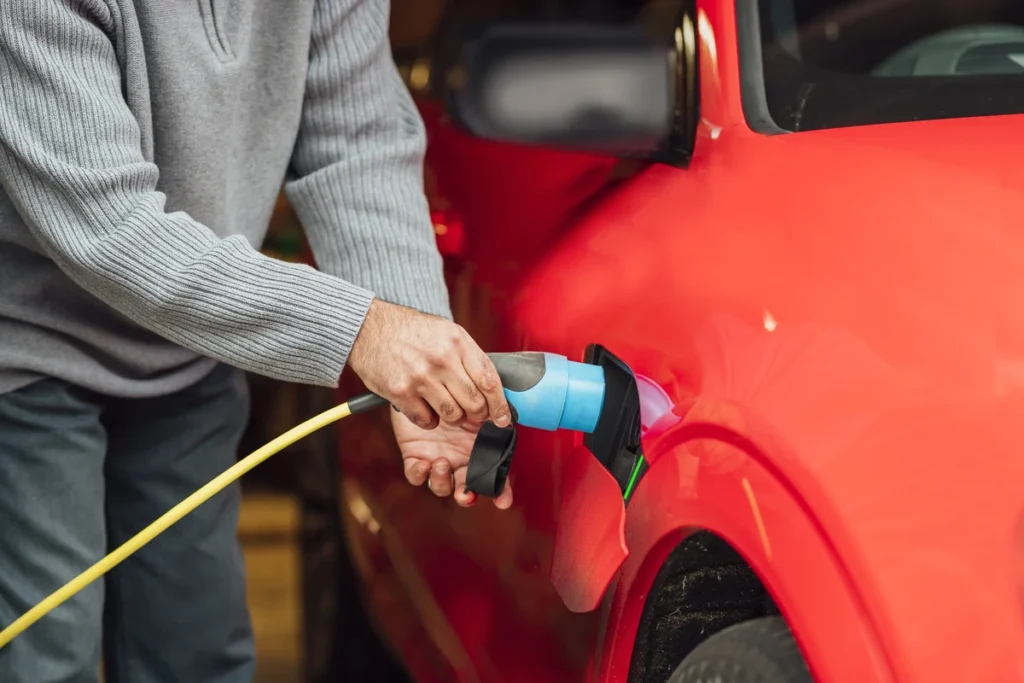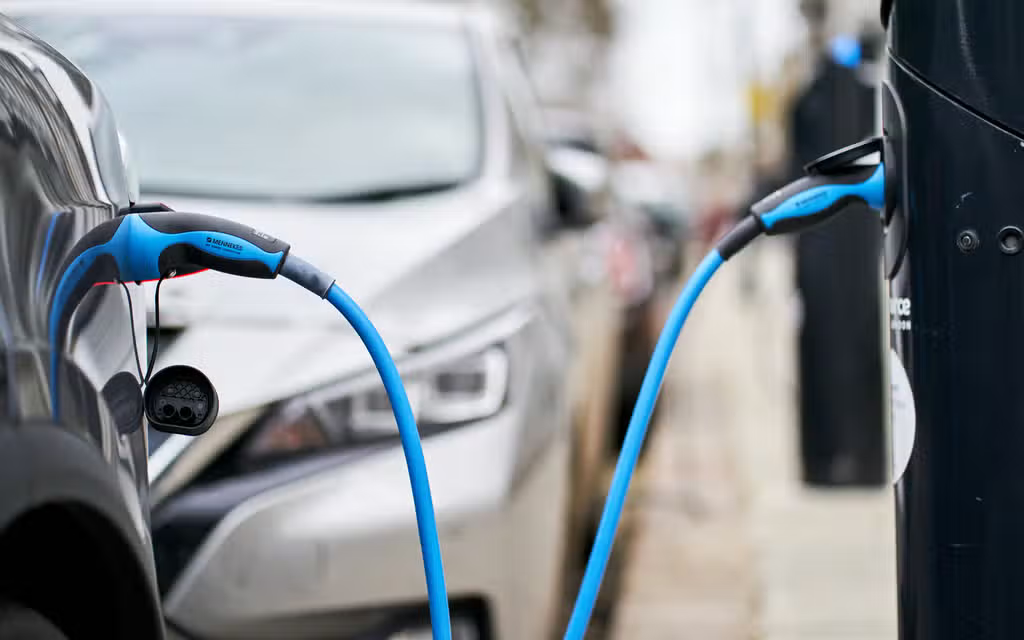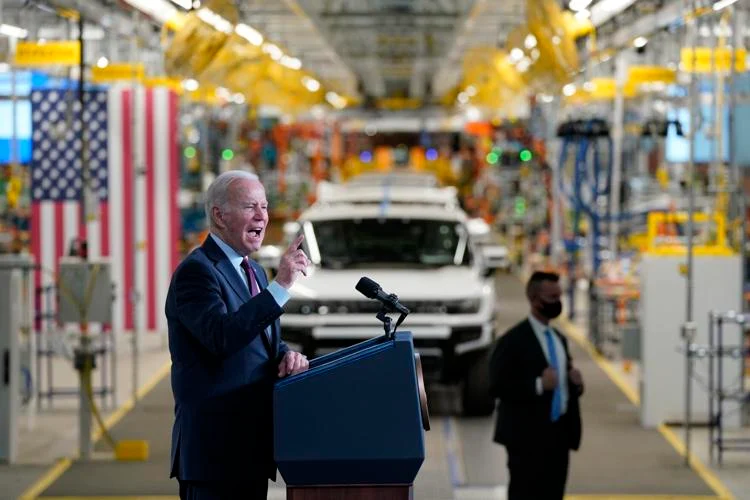British Gas is offering one year of complimentary charging for electric vehicle owners who purchase a Hive charger beforehand.
The leading energy company in the United Kingdom stated that the agreement would enable a maximum charging range of 8,000 miles or 2,290 kWh of electricity, at an efficiency of 3.5 miles per kWh.
Expanding EV Energy Deals: A Growing Trend
The new offer contributes to an expanding collection of specialized EV energy deals that provide reduced charges for vehicle charging.
The installation of the Hive EV charger by a British Gas engineer begins at £939.
Participation and Eligibility
Although a new energy tariff is not a prerequisite for the FreeCharge offer, participating households will require a smart meter, which British Gas will provide at no cost.
It is accessible to both new and existing British Gas energy customers, with a maximum of 5,000 participants permitted.

Customers who activate the offer through the Hive app receive payment from British Gas the subsequent month for electricity used for charging an electric vehicle, with a maximum limit of 8,000 units.
Charging operates by utilizing the technology of British Gas to prearrange charging, typically during the night when electricity demand is at its lowest.
The extent to which EV owners can practically benefit from the FreeCharge offer, however, is contingent on their energy plan.
Charging Eligibility and Limitations: Considerations for EV Owners
Standard tariff customers, who pay a flat rate for electricity irrespective of time, are eligible for complimentary charging at any time of day or night, but usually overnight.
If you have a British Gas energy contract that provides cheaper electricity overnight and the FreeCharge offer, your electric vehicle will charge during the night.
British Gas stated that it could not “guarantee that a single charging session in FreeCharge mode will fully charge the battery of your electric vehicle.”
Gav Murray, director of Hive for British Gas, stated, “As the number of electric vehicles on the road increases, we want to ensure that those who can make the switch have access to the appropriate products and encourage as many people as possible to do the same.”
Get paid to reduce energy use: Is Demand Flexibility here to stay?





